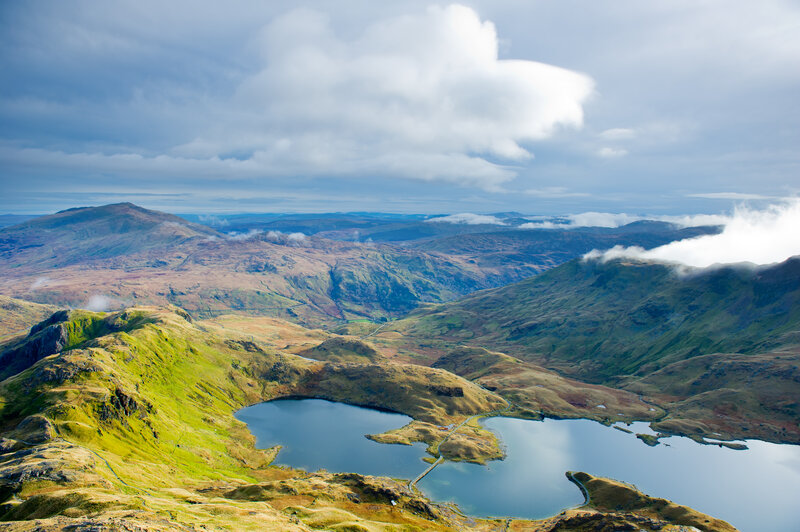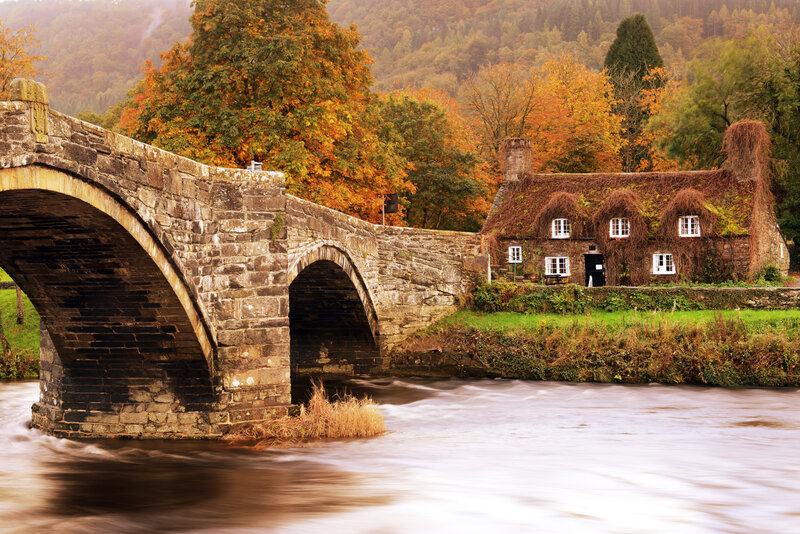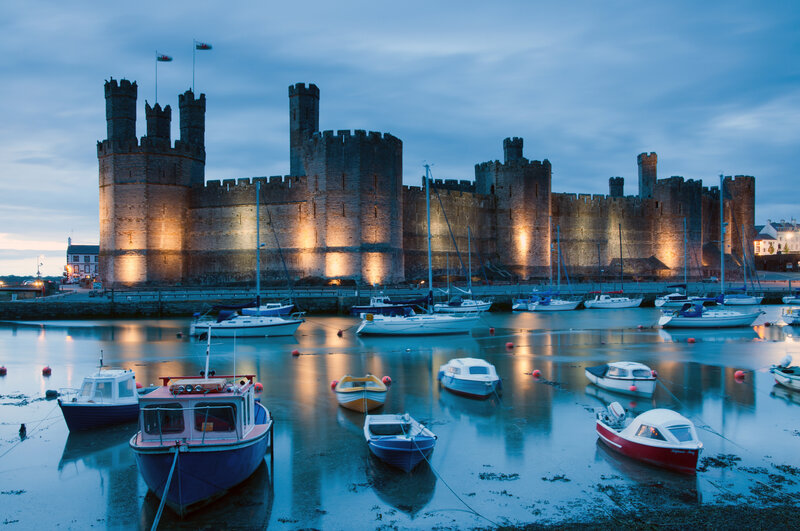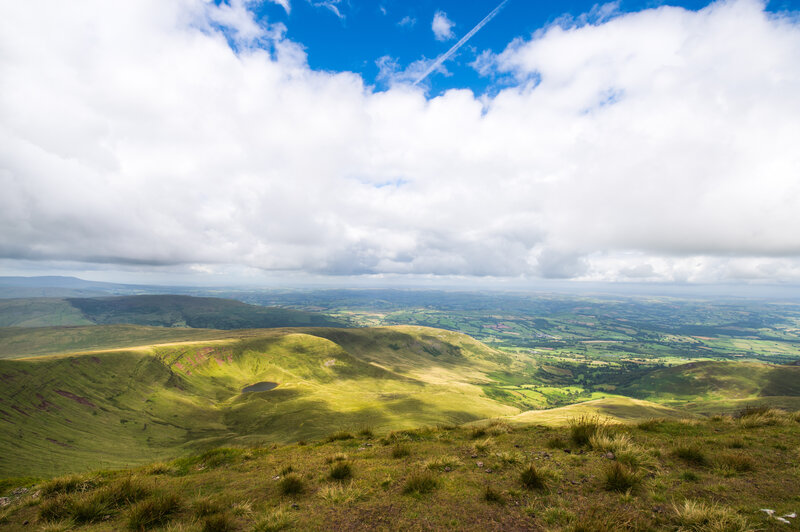Well as it turns out, quite a lot actually. Whilst most people may visit Wales to enjoy the rugged mountains, stunning coastline and a hearty slice of Bara Brith, those with an interest in history and heritage may also be keen to discover more about Welsh place names. Not only do they tell us about the landscape of Wales, but they allow us to understand the history and topography of any given location. This is true of rivers and valleys as well as towns, villages and individual house names.
Since 2017, the Royal Commission on the Ancient and Historical Monuments of Wales has been compiling and managing a database of historic place names on behalf of the Welsh Government. There are now about 700,000 names in the List of Historic Place Names and the Commission are continually adding new records when more are identified. The information is not only used to improve the way we understand our environment, but it also helps to preserve historic names that have been lost or are threatened with change as well as offering advice when new developments need to be named.
So whether you are visiting Eryri (from the word Eryr or eagle; previously also known as Snowdonia) or Bannau Brycheiniog (which translates to the Peaks of the kingdom of King Brychan; formerly also known as Brecon Beacons) there are a lot of great place names to delve into.
We’ve picked out a few place names that we think visitors to Wales will be interested in, to give a flavour of the hidden histories found in them:
Conwy comes from the word cawn meaning rushes, and the suffix -wy which can either mean divine, giving the meaning divine river full of rushes, or denote a territory, thus meaning place full of rushes.
Barmouth is derived from Abermaw meaning mouth of the river Mawddach (small drowning river). Abermaw then evolved to Bermo due to a change in syllable stress, and Bermo was then subsequently anglicised to Barmouth.
Pembrokeshire is anglicised from Welsh Penfro meaning land’s end.
Tenby is the anglicised pronunciation of Dinbych meaning small fort. The full Welsh name of the town is Dinbych y Pysgod meaning small fort of the fish, to distinguish it from Dinbych (Denbigh).
Caernarfon means fort in Arfon. Arfon is a compound of ar and Môn, which gives the meaning of land facing Anglesey.
Betws y Coed is made of Old English bed-hus, literally bead house, meaning a chapel of ease or subordinate church, and the Welsh word coed, meaning a wood, thus giving church in the wood.
Aberystwyth comes from the word Aber meaning mouth of a river and ystwyth meaning twisty or flexible, which is a reference to the way that the Afon Ystwyth meanders along its course.
Carmarthen is Caerfyrddin in Welsh, which looks like it should mean Merlin’s Fort (which is the popular explanation), but actually comes from the Latin Moridunum, meaning sea fort. It’s Wales’ oldest town.
It is one thing translating and understanding Welsh place names but another to actually say them! This handy sound byte here can help you to pronounce some of the more challenging names too. Now it is time to book your next holiday to Wales to test your newfound Welsh language skills!




